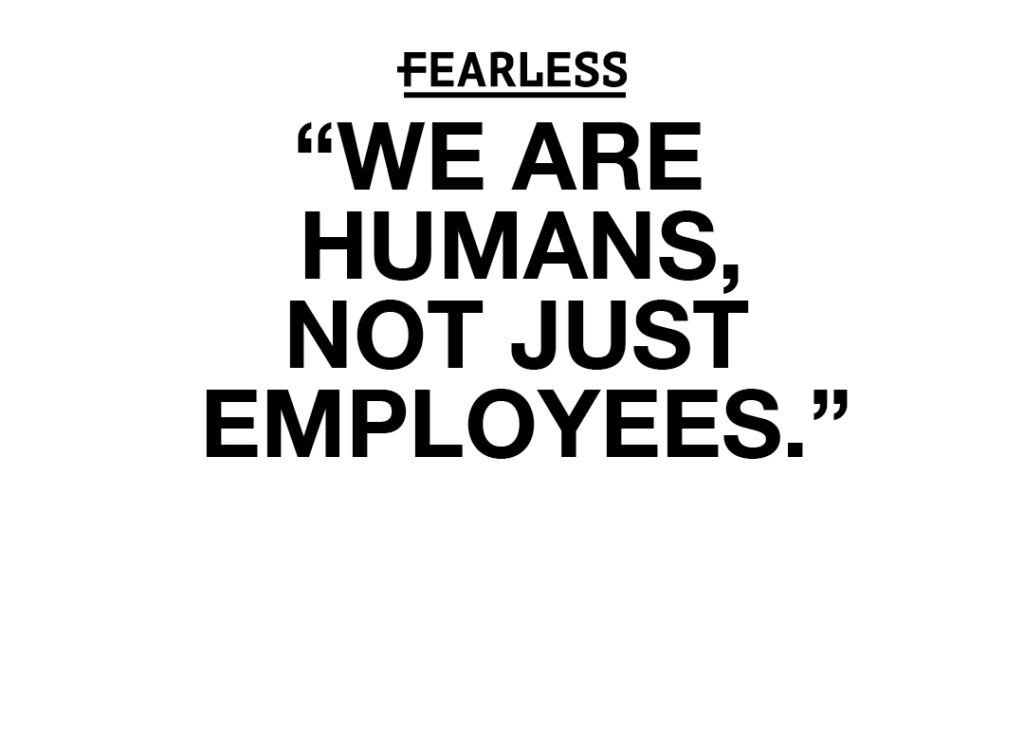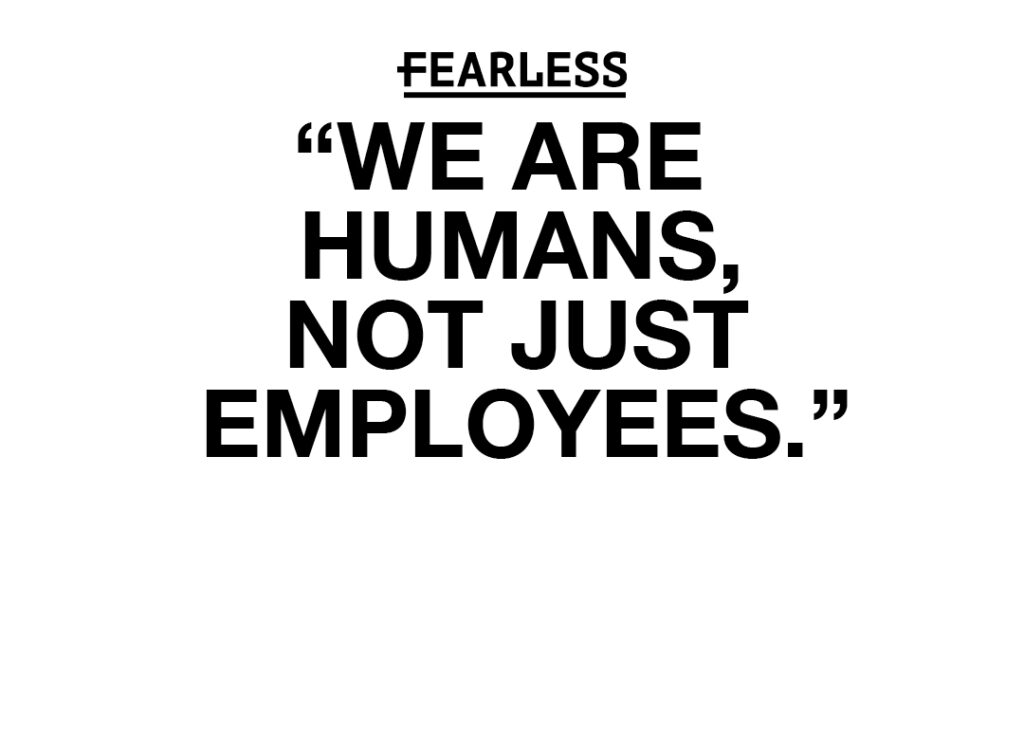The Elbert Files: Searching for ‘better angels’

DAVE ELBERT Nov 15, 2018 | 3:01 pm
2 min read time
561 wordsBusiness Record Insider, Opinion, The Elbert Files“The past is never dead; it’s not even past.”
That line from a William Faulkner novel inspired historian Jon Meacham to write “The Soul of America, the Battle for Our Better Angels,” a new book about historic figures who appealed to our best and worst instincts.
His narrative of Lyndon Johnson’s efforts to advance civil rights in the mid-1960s is as inspirational as his description of Sen. Joseph McCarthy’s rampage against communism is foreboding.
Meacham wrote that Johnson joined Presidents Grant and Truman in continuing to push for the equality promised by the Civil War.
That the struggle continues today is testimony to how slowly our better angels move, especially when confronted by people who were normally thought of as good.
For example, President Woodrow Wilson, whose world peace efforts were widely applauded, set race relations back decades when he re-segregated the federal workforce. Even President Franklin Roosevelt wrongfully confined Japanese-Americans during World War II.
Although Meacham includes many examples of good people behaving badly, his most notable example of dark behavior involves McCarthy, whose 1950s campaign against perceived communist influences gave us “a way to gauge demagoguery.”
Five years after McCarthy’s downfall, his biographer Richard Rovere wrote: “To visualize him in the White House, one has to imagine a radical change in the national character and will and taste.”
“We have been lucky,” Rovere continued, adding, “There is no assurance that our luck will hold.”
“It didn’t,” Meacham wrote.
Our current president, Meacham noted, was mentored during the 1970s by Roy Cohn, the same disgraced lawyer who advised McCarthy during his 1950s rages against prominent figures in the media and government.
Today, many have noted disquieting similarities between McCarthy and Donald Trump despite obvious differences, including the fact that McCarthy was an alcoholic, while Trump is a teetotaler. Or that McCarthy grew up poor in rural Wisconsin, while Trump is the privileged son of a New York developer.
On the other hand, two important traits that both share are a total disregard for truth and an ability to manipulate the media.
In the early 1950s, McCarthy discovered he could employ the rapidly expanding and competitive media to promote his cause.
McCarthy needed the press and the press needed him, Meacham wrote. “The McCarthy saga meant more bylines for reporters, more exciting headlines for editors, and … more copies sold for the owners.”
Trump’s mastery of digital media and his ability to control his message are right out of McCarthy’s playbook.
“People aren’t going to remember the things we say on the issues here, our logic, our common sense, our facts,” McCarthy reportedly told Cohn. “They’re only going to remember the impressions.”
Meacham quoted a reporter who covered McCarthy as saying: “How do you say in the middle of your story, ‘This is a lie’?”
McCarthy “spoke in the starkest of terms, savoring superlatives. Everything was dramatic, contentious, perilous,” Meacham wrote.
Eleanor Roosevelt, wife of the late president, once remarked, “McCarthy’s methods, to me, look like Hitler’s.” President Harry Truman agreed, noting that he had “never before heard of a senator trying to discredit his own government before the world.”
Meacham wrote that every generation “tends to think of itself as uniquely challenged and under siege.”
Which is why it is so important, he said, to know the history that shaped us.
The bad as well as the good.










